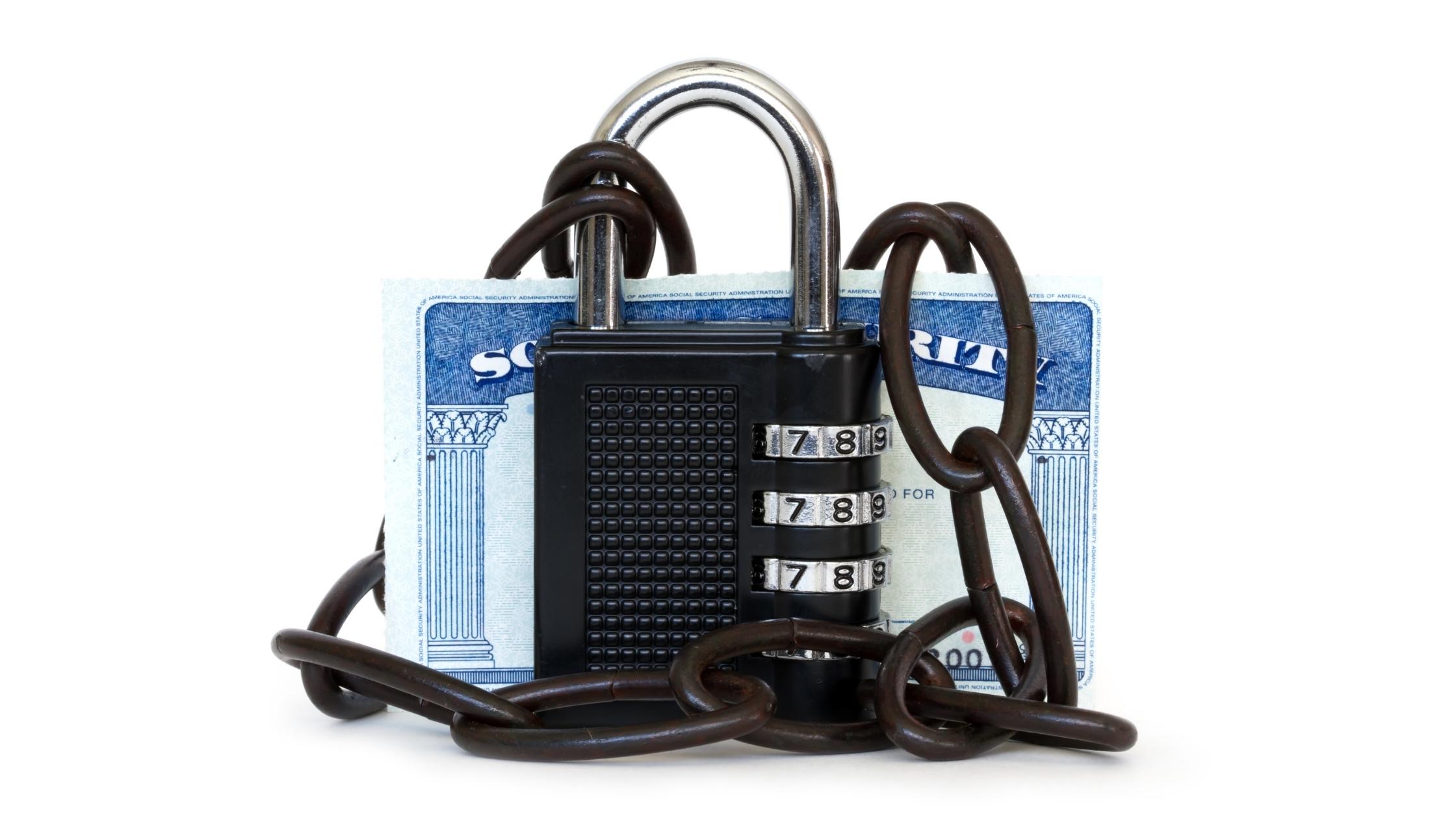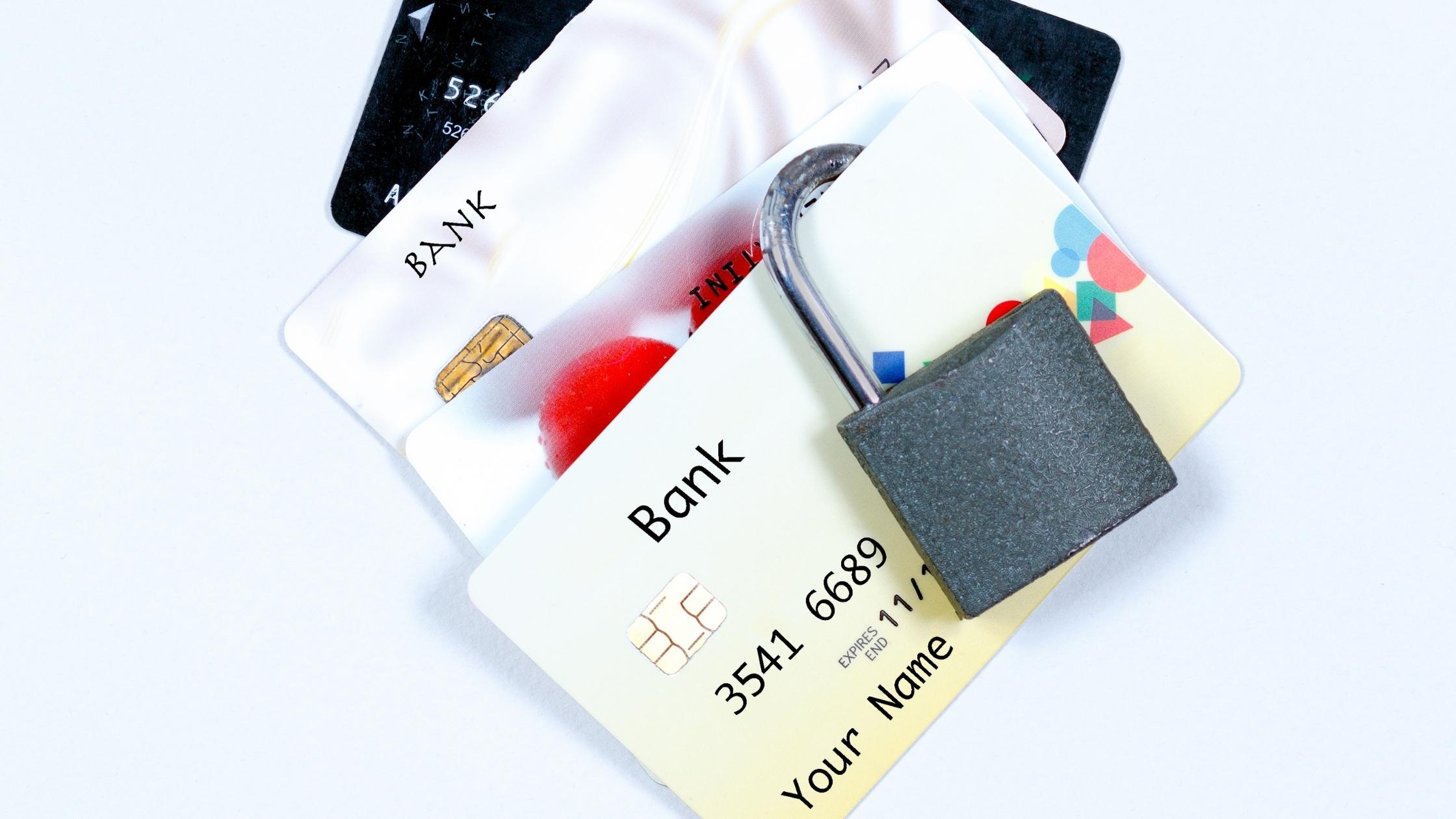What if you woke up one morning and there were two of you? That sounds impossible, right? Not when aggravated identity fraud is a real possibility. Identity fraud is a scary thing. It can happen to anyone, and it’s something that you don’t want to deal with.
But what can you do to protect yourself from identity fraud? This blog post will tell you about identity fraud, how it affects you, and how to protect yourself. So, read on to feel more secure about your identity.
What Is Identity Fraud And How Does It Work?

Identity fraud is a type of theft in which someone uses another person’s information, such as their date of birth, name, Social Security number, or financial information, without permission to commit fraud or other crimes.
It’s one of the fastest-growing criminal enterprises to hit the finance industry in recent years. In 2021, 42 million Americans fell victim to identity fraud, which amounted to around $52 billion of loss.
There are many ways that identity thieves obtain your personal information. They may find it in the trash, buy it from someone who has stolen it or even trick you into giving it to them. Once they have your personal information, they can use it to open new accounts in your name, make changes to your existing accounts, or even get a job or a loan using your identity.
Identity fraud can devastate victims, leaving them with damaged credit, financial problems, and even legal troubles. This is why you must understand what it is, how it affects you, and how to avoid it.
The Different Types Of Identity Fraud
There are many different identity fraud types, but some of the most common include:
- Credit card fraud: When an individual uses your credit card to make unauthorized charges.
- Bank fraud: When someone uses your bank account information to withdraw money or make unauthorized transactions.
- Tax fraud: When someone uses your personal information to file a tax return in your name and receive a refund.
- Medical fraud: When someone uses your insurance information to receive medical treatment or prescriptions.
- Employment fraud: When someone uses your personal information to get a job or apply for benefits.
No matter the type of aggravated identity fraud, they all harm their victims. So, let’s take a look at how this may affect you.
How Does Identity Fraud Affect You?

Identity fraud can have several negative consequences for victims. These can include:
- Damaged credit: This is one of the most common effects of identity fraud. When an identity fraudster uses your personal information to open new accounts or make unauthorized charges, it may damage your credit score and make it difficult to get approved for loans or lines of credit in the future.
- Financial problems: Identity fraud can also lead to financial difficulties if an identity thief leaves with fraudulent charges on your accounts or empties them altogether.
- Legal troubles: If you are a victim of employment fraud, you may be in legal trouble if the person who used your information is arrested or fired from their job. You may also be held responsible for any taxes the identity thief does not pay.
These are only a few issues that may arise from having your identity stolen. So, now that you understand the importance of avoiding identity fraud at all costs, it’s time to look at how you can protect yourself against it.
How To Protect Yourself From Aggravated Identity Fraud

There are a few simple steps you can take to help protect yourself from identity fraud, such as:
- Shred personal documents that contain your sensitive information before you throw them away.
- Safeguard your Social Security number and only give it out when absolutely necessary.
- Only have the credit cards and identification that you need with you.
- Check your credit report regularly for any suspicious activity.
- Never share personal information over the phone or online unless you are sure you are dealing with a reputable company.
Using these precautions can help protect you from becoming a victim of aggravated identity fraud. In addition, a more straightforward way of ensuring you are always secure is by only providing your sensitive information to businesses that use identity verification software.
How Electronic Identity Verification Software Prevents Identity Fraud
Electronic identity verification (eIDV) software helps prevent identity fraud by verifying the identity of individuals attempting to access online accounts or services. This verification process typically involves matching the individual’s personal information, such as their name, date of birth, Social Security number, or driver’s license number, with data stored in a government database.
However, a more modern approach to eIDV uses biometric checks, liveness, and document authenticity. Businesses often do these checks using third-party software. If the information does not match, the individual will not be able to access the account or service.
Companies use this software to prevent identity thieves from using stolen personal information to access customer accounts. If someone stole your identity, then the software will prevent them from using the stolen data. Government agencies also use it to prevent fraudsters from filing false tax returns or receiving other benefits.
Aggravated identity fraud is a severe problem that can have a devastating impact on victims. However, by taking precautions and only interacting with companies that use electronic identity verification software, you can steer clear of becoming a victim of this crime.
What To Do If You Become A Victim Of Aggravated Identity Fraud

If you think that you may have been a victim of identity fraud, there are a few steps that you should take right away, such as:
- Contact the credit reporting agencies and place a fraud alert on your credit report.
- Close any accounts that the thief tampered with or opened fraudulently.
- File a police report.
- Contact the relevant consumer protection authority or financial crime prevention agency in your country. Here are a few common ones:
- United States: Contact the Federal Trade Commission to file a complaint.
- United Kingdom: Get in touch with Cifas to report your case.
- Australia: Reach out to the ReportCyber department of the government.
By taking these steps, you can help minimize the damage caused by identity fraud and protect yourself from further harm.
Don’t Lose Yourself
In a world where data is king, protecting your identity is more important than ever. Therefore, ensure that the companies you communicate with are secure and can be trusted.
If your company needs protection from identity theft, sign up today for ComplyCube’s eIDV software. We allow you to rest easy knowing that your business and customer information is safe and sound. With our help, you can be sure that the only person with access to your data is you. Read more about identity verification, know your customer (KYC), and anti-money laundering (AML) on the rest of our blog.



